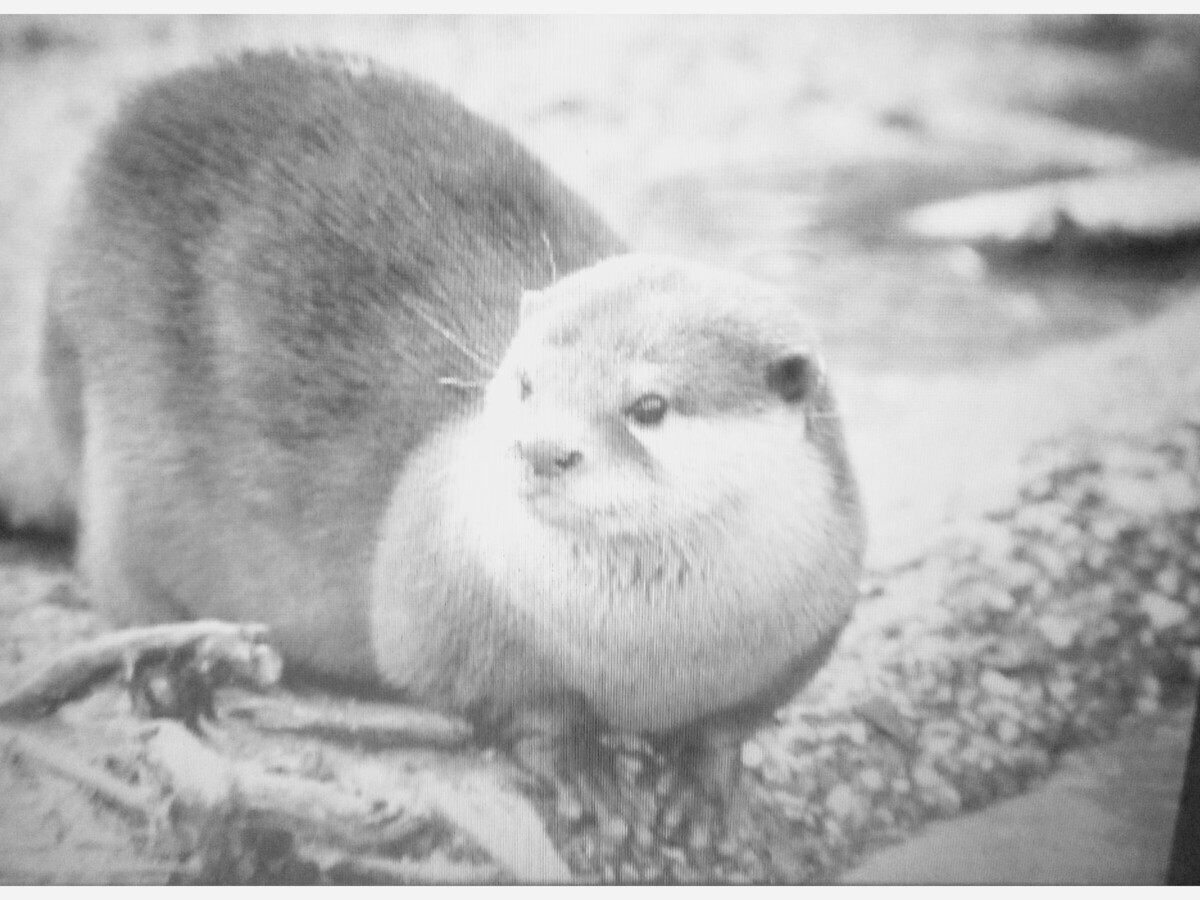Image


WASHINGTON — According to a new study published in the journal Nature, the return of sea otters to a tidal estuary near Monterey, California has helped rescue a section of California marshland. Sea otters eat constantly, and one of their favorite snacks is the striped shore crab. These crabs dig burrows and also nibble away the roots of the marsh grass pickleweed that holds dirt in place. Left unchecked, the crabs turn the marsh banks into Swiss cheese, which can collapse when big waves or storms hit. Brent Hughes, a Sonoma State University marine ecologist and co-author of the study, explained that the return of the crab-eating sea otters helped curb erosion, although they don't completely reverse it, but slow it down to natural levels. For many years, Elkhorn Slough had no sea otters due to the 19th century fur trade that decimated their global population, which once stretched from Alaska to California, as well as into Russia and Japan. Hunting bans and habitat restoration efforts helped sea otters recover some of their former range. The first returnees were spotted in Elkhorn Slough in 1984. The Monterey Bay Aquarium's program for raising and releasing orphaned sea otters also boosted the estuary's population. The researchers analyzed historic erosion rates dating back to the 1930s to assess the impact of sea otters' return and set up fenced areas to keep otters away from some creek sections for three years. Those creek banks eroded much faster. Other research has shown that sea otters help kelp forests regrow by controlling the number of sea urchins that munch kelp. The return of top predators to various habitats, such as the reintroduction of gray wolves to Yellowstone National Park, has shown how such species maintain ecosystem stability. Many past studies relied on observations, but the design of the latest research left no doubt as to the sea otters' impact, said Johan Eklöf, a Stockholm University marine biologist who was not involved in the study. Brian Silliman, a Duke University coastal ecologist and co-author of the study, described sea otters as "amazing finders and eaters."
By Anita Johnson-Brown-|The Los Angeles News